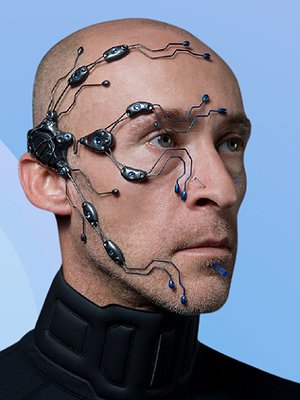
Author: QБИТ
The Russian-Hungarian team "QBIT" analyzed current trends in the development of AI and other key technologies, identified the main current drivers of the development of neurotechnologies, as well as a high demand for the diagnosis of human body conditions and improving its efficiency. The topic of improving the human body with the help of neurocomputer interfaces was chosen as the main one for the work of the team. The model of the image of the desired future proposed by young researchers by the year 2100 suggests that the implantation of chips will become a completely harmless procedure for the human brain. The neurocomputer interface will help connect the brain to the computer. With the help of non-invasive technologies, it will be possible to diagnose diseases even at the stage of their origin. Diseases will be brought under control, after which people will turn to expanding their capabilities, create a neural network for mental communication that allows them to quickly and accurately transmit information and eliminate the problem of misunderstanding and misinterpretation. People will be able to upload information to the brain, use cloud storage of memory, work with large amounts of data, creating a new trend of accelerated learning. To explore spaces whose conditions are dangerous for humans, people will remotely connect to robots and other electronic systems using neural network technology. To realize these prospects by 2100, according to the team, today it is necessary to actively develop secure cyberimplants, create controlled nanorobots and powerful Artificial Intelligence.